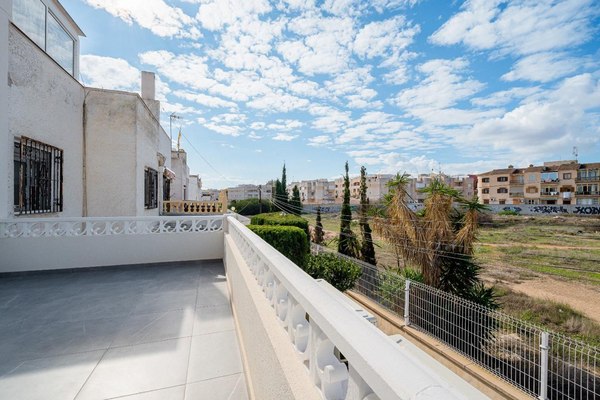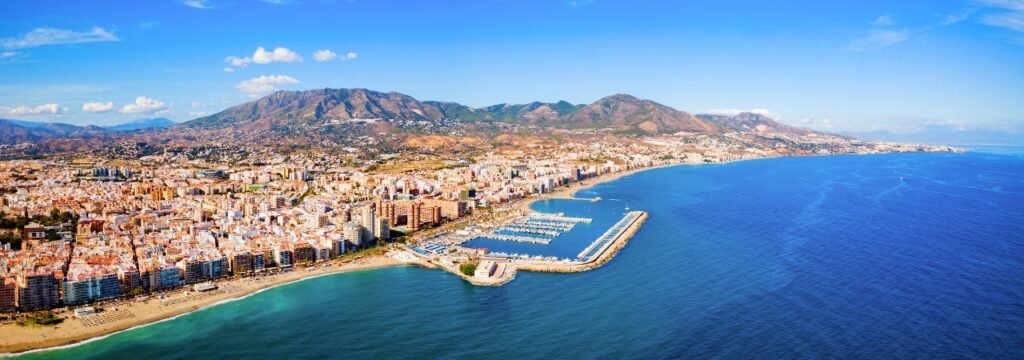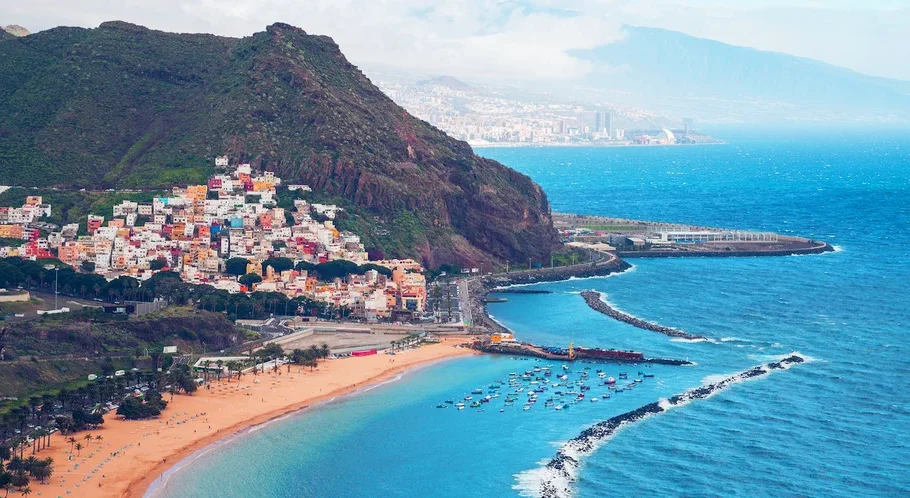How to buy property in Spain

Spain is a popular country for Ukrainians to purchase property. It is chosen for its mild climate, proximity to the sea, developed infrastructure, and stable economy. Purchasing real estate in Spain provides the right to long-term residence, vacation at any time of the year, and obtaining a residence permit. Many investors view the country as a reliable option for capital investment. This trend is driven by the long-term growth in housing prices and the rapid development of the Spanish real estate market.
Advantages of Buying Property in Spain
The advantages of purchasing property in Spain include:
- Stable tourist flow. The high number of visitors ensures demand for short-term rentals and increases the liquidity of properties in tourist regions.
- Transparent conditions. The property purchase process in Spain is strictly regulated by law. Transactions involve a notary and mandatory registration in the state registry, which reduces risks for the buyer.
- Diverse offerings. The real estate market offers properties for all purposes and budgets — from affordable studios to luxurious villas on the coast.
When purchasing a property worth 500,000 euros or more, one can obtain residence through the Golden Visa program. After 5 years of continuous renewal of temporary residence, Ukrainians can apply for permanent residence, and after 10 years — obtain Spanish citizenship.
Types of Property in Spain for Purchase
The Spanish real estate market offers foreign buyers:
- flats and apartments — for personal residence and investment;
- townhouses — for families who want more space and privacy;
- villas — luxury properties with a pool, garden, and sea view;
- studios — an affordable option for vacation or short-term rental;
- commercial properties — hotels, offices, shops for those planning to start a business.
Before proceeding with a deal, it is important to carefully study the property purchase process in Spain and determine which type of property best suits the goals and budget.
Buying Property in Spain: Key Stages

The property purchase procedure in Spain includes several stages. Let’s look at them in more detail.
Choosing a Region and Property Type
The following regions are particularly popular:
- Costa Blanca — offers apartments, townhouses, and small villas at affordable prices;
- Costa del Sol — known for luxury villas, townhouses, and new builds with pools, fitness zones, and security;
- Benidorm — famous for its skyscrapers and long beaches;
- Valencia — combines historical architecture and modern infrastructure.
A thorough review of the Spanish real estate market helps understand which properties will be the most profitable in terms of price growth and rental potential.
Searching for a Property and Preliminary Check
Real estate agencies are engaged to search for properties. After choosing a property, a preliminary document check is carried out:
- ownership rights;
- absence of debts;
- compliance with urban planning norms.
Next, the property’s condition, the neighborhood’s infrastructure, rental demand, and price growth prospects are evaluated. To ensure the deal’s legitimacy, it is recommended to request an extract from the Property Registry.
Signing the Reservation Agreement
This document fixes the price and terms of the transaction. The buyer makes an advance payment of 3-10% of the property’s cost. During this period, the seller agrees not to sell the property to other buyers. The document also specifies the time frame in which the parties must sign the main contract and the terms of refunding the deposit if the deal does not proceed due to the seller’s fault.
Legal Check
The lawyer examines all legal aspects:
- encumbrances;
- legality of construction;
- compliance with the plan;
- tax obligations.
This check protects the buyer from risks and potential disputes.
Signing the Main Purchase Agreement
The buyer, seller, and notary sign the official purchase agreement. Then, the remaining amount is paid, along with notarial and registration fees. After signing, the notary sends a copy of the agreement to the Registration Chamber to add the new owner to the state registry. From this moment, the buyer acquires not only the legal, but also the factual right to own, use, and dispose of the property.
After receiving the keys, the new property owner must transfer utility contracts into their name. To pay for utilities and taxes, an account must be opened at a Spanish bank.
Documents Required for Foreigners
To purchase property in Spain, the following documents are required:
- passport or another identity document;
- foreigner tax identification number (NIE);
- bank statements, income certificates to confirm financial capacity;
- account details from a Spanish bank;
- purchase agreement and additional agreements if necessary.
If the buyer is not present in person, a power of attorney for a lawyer may be required.
Costs of Property Purchase in Spain
When calculating the budget, it is important to consider not only the price of the property, but also additional costs:
- property transfer tax — 6-10% of the cost depending on the region;
- VAT — 10% when purchasing new properties;
- notary fees — 0.5-1% of the price;
- registration — 0.3-0.7%;
- lawyer’s fees — 1-2%.
On average, additional costs make up 10-15% of the property price.
Nuances and Challenges in Buying Property
When choosing property, several nuances should be considered:
- Regional differences in legislation. Each autonomous community has its own rules for purchasing property in Spain: different property transfer tax rates, peculiarities of the transaction process, documentation requirements.
- Financing the transaction. Ukrainians can purchase property with their own funds or arrange a mortgage at a local bank. The initial deposit for non-residents is 30-40%.
- Currency and tax issues. When transferring money from abroad, exchange rate fluctuations and fees must be taken into account. After the transaction, the owner is required to pay property taxes and income tax if the property is rented out.
Due to the lack of knowledge of Spanish and the peculiarities of local legislation, non-residents often face misunderstandings about the transaction terms and mistakes when signing documents. To avoid this, it is recommended to hire an experienced real estate lawyer.
In some tourist regions of Spain, strict rules apply that limit short-term rentals. A special license is also required, which reduces investment profitability when renting out property. Failure to comply with these requirements results in hefty fines and a ban on further rentals.
Conclusion
Buying property in Spain is an opportunity to own real estate in one of Europe’s warmest countries and at the same time make a profitable investment. If you dream of your own house by the sea or a profitable investment, schedule a consultation with Spanish Life agency. We will find property based on your wishes, provide full transaction support, and assist with legal and financial matters. The entire process will be fast, secure, and profitable for you.
We will answer any question!


Online purchase
More details


